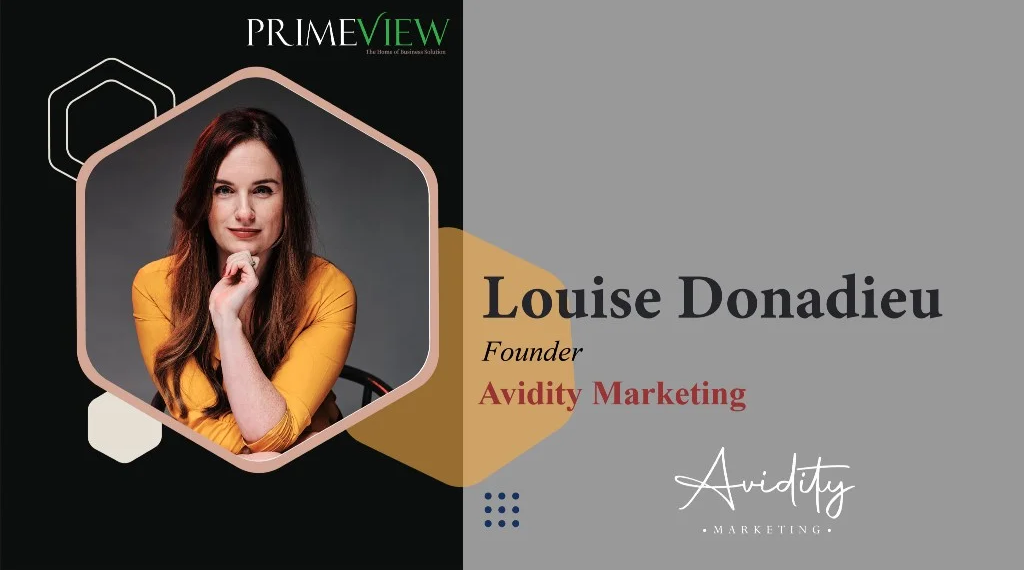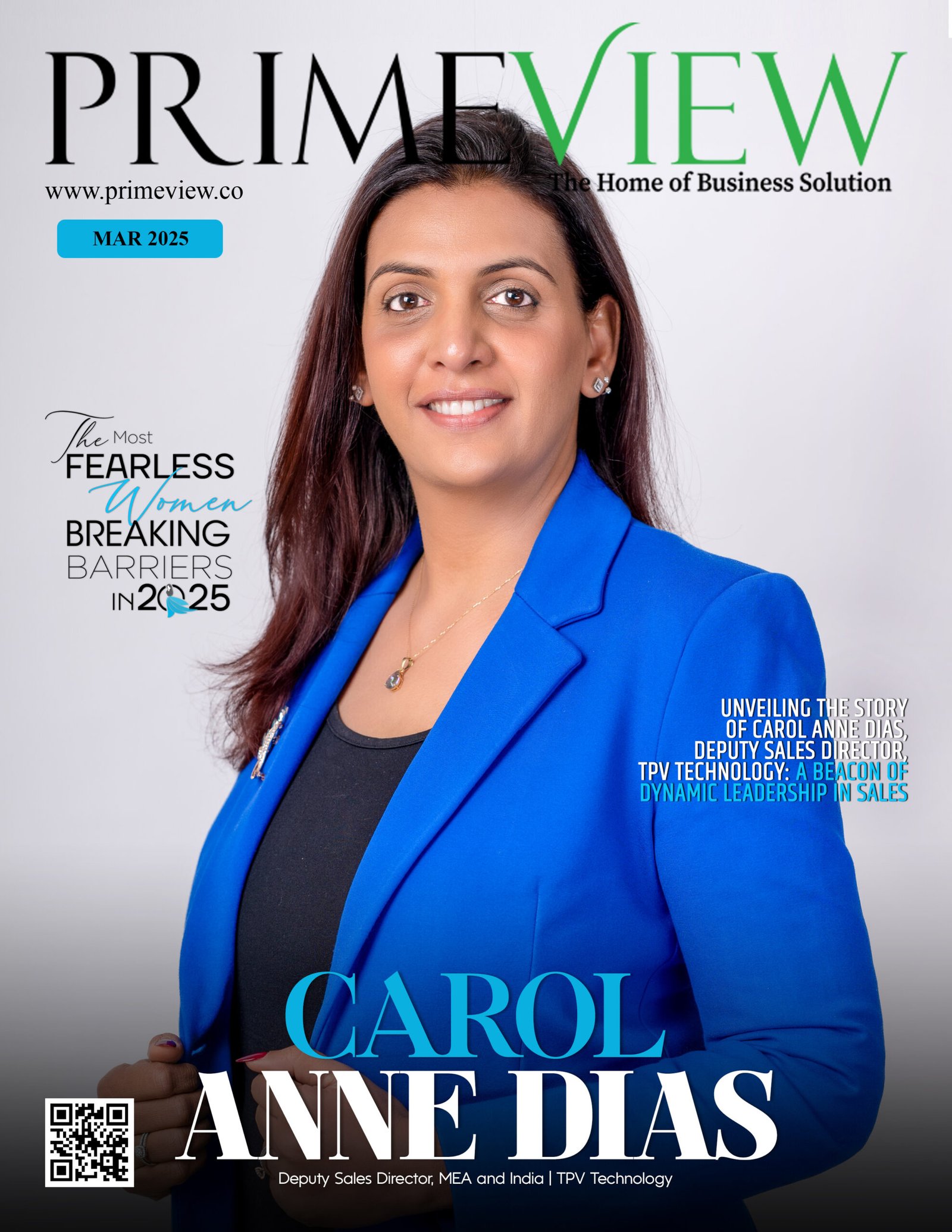During her 10 years as an in-house marketer in the finance sector, Louise Donadieu always found herself looking to partner with a marketing company that genuinely understood the sector’s needs. When she looked around, she saw hundreds- if not thousands- of marketing agencies offering design, digital marketing, analytics, etc. But she never found a company that could provide the big-picture guidance of an in-house CMO or Marketing Director, with the back-up of a specialised marketing team to implement plans.
Louise knew there was a gap in the market that she could fill, and that’s when she founded Avidity Marketing.
Avidity Marketing works exclusively with service businesses to create targeted, powerful, and sustainable marketing strategies. From engaging prospects with targeted campaigns to designing a luxury onboarding experience, Avidity’s job isn’t done until its clients’ customer base is consistently growing and engaged. So much more than a marketing or design agency, it is a team of skilled specialists that provides clients with every bit of experience they need across marketing disciplines to deliver the results they want.
The Devastating Pandemic
Louise founded Avidity Marketing 6 weeks before Covid-induced lockdown became a worldwide reality. She says, “I panicked at first, but I soon realised that our skillset was desperately needed.” Avidity Marketing predominantly works with firms in the financial sector, which have grown used to a traditional face-to-face marketing approach. With in-person meetings no longer an option, Avidity Marketing found organisations that wanted to update their marketing strategies to adopt a more modern, digital-first approach.
Avidity Marketing believes the pandemic has highlighted the need for an omnichannel marketing strategy and the importance of multiple sources of lead generation. Avidity has helped businesses revolutionise their approach to marketing at a time when their pipelines could have quickly grown stagnant.
A Highly Motivated Team
Avidity Marketing is a results-driven organisation. Clients have unique needs and may require different paths, but the outcome is always the same: more engagement, better conversion, and greater brand awareness.
Avidity offers a flexible remote working environment, as long as the job gets done. Louise and her team work out deadlines for deliverables, and as long as those deadlines are met, she leaves them to it. Louise trusts her team of specialists to complete the work independently, calling on her as a resource if they need help.
Louise says, “I find this approach empowers my team. No one likes a micromanager. I have worked under pressure like that, and it’s a miserable feeling, like your voice isn’t heard. Everyone in my team has a seat at the table and a chance to put their ideas forward.”
She also finds that making the entire team client-facing is a great motivator. The organisation has no ‘relationship managers.’ If a client needs to speak to a content specialist, that’s who they will speak to. Avidity Marketing team members own their relationships and feel like a part of the client journey.
The only strategy that matters is your client experience. Every part of their journey with you is a chance to make or break your relationship. Don’t ruin it by not designing every facet.
Picture of the Future
Louise has big plans for Avidity Marketing. The organisation will keep doing what it is doing now, but on a much larger scale. As the organisation’s founder, Louise wants to be sure Avidity never becomes a typical marketing agency by trying to be everything to everyone. Its growth must have purpose, like adding new skill sets or meeting client demand. Louise and her team are strategists at their core and that is what they will continue to do.
Louise is focused on growing her team at the right pace so the organisation can support more clients in their journey to better marketing. Avidity Marketing already has 2 new roles for this year, as its demand is outreaching its capacity. But Louise refuses to hire people for the sake of it. She plans to bring on people who are good with their work, can bring a new perspective to the team, and can follow the company’s vision for changing the perception that marketing is ‘fluffy.’
Tackling Challenges
To that end, Avidity Marketing’s biggest challenge is the public perception of what marketing isparticularly in the finance sector. Louise gets a lot of requests like, ‘Can you just write an article for us?’ or ‘Can you just post on our social media?’ These things are not marketing. They are just a tiny facet of it.
She says, “Good marketing is about expanding your network and generating quality leads. Good marketing is grabbing the attention of your target audience and getting them into your sales funnels. A good marketing strategy focuses on converting prospects, not on vanity metrics like followers and post likes.”
Avidity Marketing’s mission is to change the perception that marketing isn’t as valuable as client-facing teams, and Louise has a plan to make it happen. Based on the response from her current clients, she and her team are well on their way.












